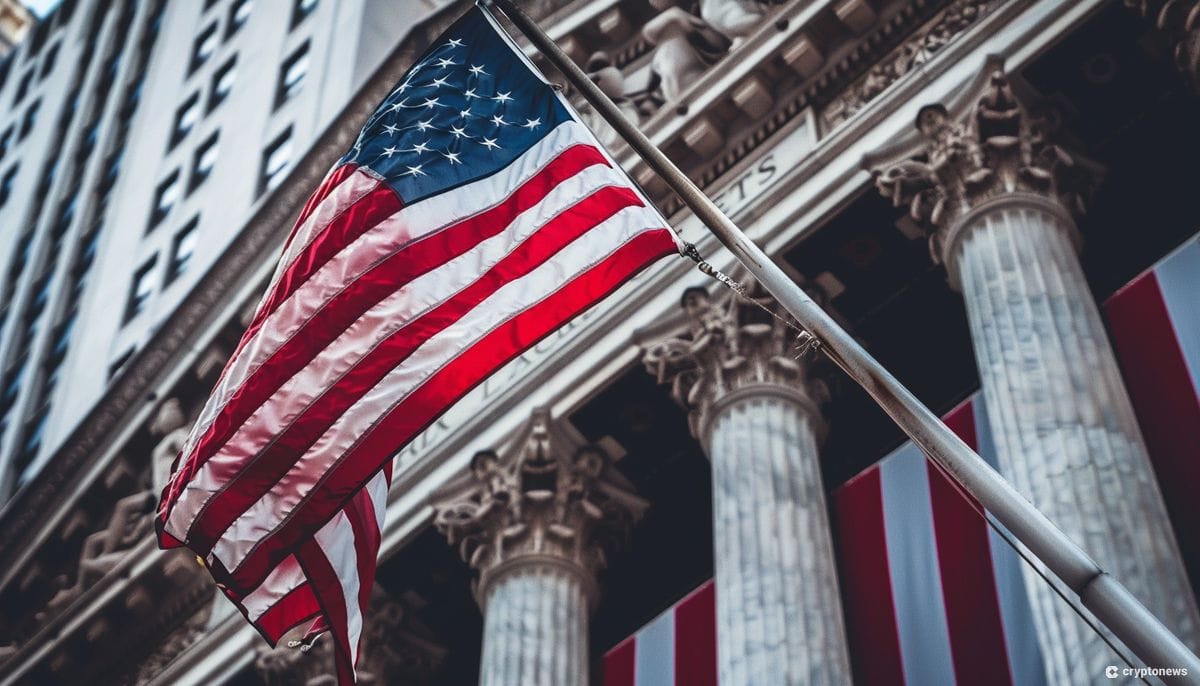The US House of Representatives recently passed a new crypto legislation aimed at combatting the use of cryptocurrencies for illicit finance. Sponsored by Rep. Zach Nunn (R-Iowa), the bipartisan financial services bill would establish a government working group to investigate the use of crypto in terrorism and money laundering. The legislation also promotes public-private partnerships to explore issues related to illicit finance in the digital asset ecosystem, ensuring that Americans have secure access to cryptocurrencies as they continue to gain popularity as a major form of payment.
Rep. Nunn emphasized the need to address security risks and prevent illicit money laundering while protecting consumer choice for all Americans through the proposed legislation. The temporary working group would operate under the Treasury Department and include industry experts from blockchain intelligence companies, research institutions, and fintech firms to study crypto transactions and develop strategies to prevent bad actors from using cryptocurrencies for nefarious purposes. Despite the House’s approval, the bill is unlikely to pass the Senate, although it is part of a broader congressional effort to regulate cryptocurrencies.
The bill serves as a response to demands from critics of cryptocurrencies for crackdowns on money laundering and aims to provide political cover for crypto advocates against attacks. Jaret Seiberg, an analyst at TD Cowen, noted in a client note that the legislation aligns with anti-money laundering measures and addresses concerns raised by skeptics of cryptocurrencies. Industry representatives have also been lobbying Vice President Kamala Harris to support the digital asset industry following President Joe Biden’s decision not to run for re-election in 2024, demonstrating the ongoing efforts to engage policymakers in shaping the future of cryptocurrencies.
The legislation reflects a growing recognition of the need to regulate cryptocurrencies to prevent illicit activities and enhance security in the digital asset ecosystem. By creating a government working group to focus on crypto-related issues, the bill aims to strike a balance between innovation and accountability in the evolving landscape of financial technology. While the bill may face challenges in the Senate, it underscores the importance of addressing concerns about cryptocurrency use in illicit finance and emphasizes the role of collaboration between government and industry stakeholders to ensure the integrity of digital assets.
As cryptocurrencies continue to gain popularity and adoption, policymakers are increasingly focused on implementing measures to prevent their misuse for illicit purposes. The bipartisan effort to address crypto-related risks and enhance consumer protection highlights the complex challenges posed by the evolving digital asset landscape. By engaging with industry experts and fostering public-private partnerships, lawmakers aim to develop effective strategies for regulating cryptocurrencies and safeguarding financial systems against abuse. Despite the uncertain fate of the legislation in the Senate, the bill represents a step towards addressing regulatory gaps and promoting responsible use of cryptocurrencies in the United States.











